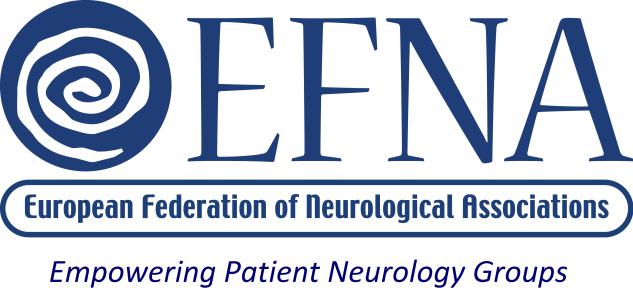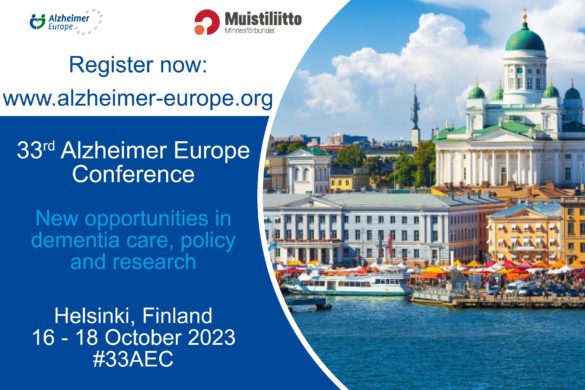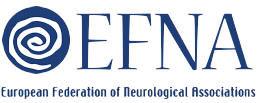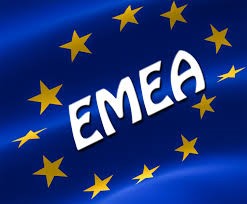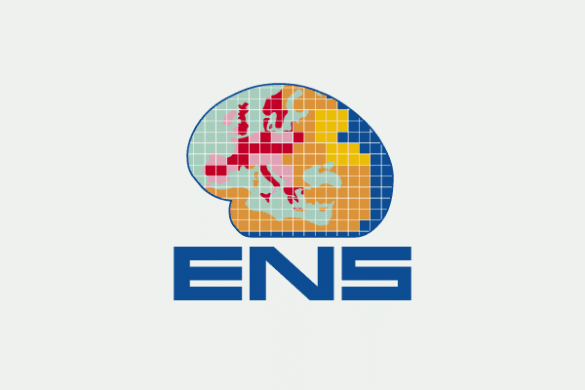Meeting of WHO with EFNA, EAN and EBC to discuss brain health Report
Objectives:
Platform for all participants to present their ongoing work and discuss potential collaboration in the area of brain health
Participants:
European Academy of Neurology (EAN): Raad Shakir
European Brain Council (EBC): Frederic Destrebecq, Vinciane Quoidbach
European Federation of Neurological Associations (EFNA): Donna Walsh, Tadeusz Hawrot
WHO: Dévora Kestel, Tarun Dua, Neerja Chowdhary, Katrin Seeher, Alarcos Cieza
Overview of WHO vision for brain health and priority areas/conditions
Under the new leadership of Dr. Tedros Adhanom, WHO has been undergoing a major overhaul resulting in the most wide-ranging reforms in the Organization’s history to modernise and strengthen the institution to play its role more effectively and efficiently as the world’s leading authority on public health.
The Department of Mental Health and Substance Use (MSD), which also covers neurology, took advantage of these changes by introducing the idea of setting up three teams within its structure: i) Mental Health, ii) Brain Health and iii) Alcohol Dependence and other addictions.
The concept of brain health had to be suitably explained to the leadership before it was accepted. Introducing this term and forming the team has been described as a paradigm shift. The brain health team is currently being assembled and will consist of up to seven employees.
It was said that this team will focus on three topics: global leadership and advocacy, awareness raising and stigma & guidance and technical assistance to low and middle income countries – all underpinned by a focus on developing an ethical framework for action.
WHO asked EFNA, EBC and EAN to present their ongoing work and focus areas before a discussion on potential areas for collaboration and alignment followed…
DISCUSSION
Prof. Raad Shakir, delegate for EAN, introduced EAN, its structure and aims. He mentioned EAN’s wish to work closer together with WHO and the ICD11-PC would be an ideal project for doing so.
He expressed regret for the lack of “neurology” in WHO’s policy.
WHO made it clear that there are currently no prospects for changing the department’s name and it does not wish to discuss this any further. It was emphasised that we should look to the future and how we can take advantage of new opportunities.
EFNA expressed its appreciation for the new direction that WHO is taking, however it was reiterated that the terminology used by WHO is problematic when we are trying to engage the neurology community in current and upcoming activities. EFNA made it clear that we would encourage WHO, and we will in fact demand, that there is more visibility for neurology in initiatives such as the Mental Health Forum, the Special Initiative for Mental Health etc. where neurology is covered implicitly, but has a very little practical presence both in initiative names as well as in listed disease areas.
However, it is clear that WHO has been working on specific neurological diseases for some time. This has included, to various extents, efforts in the areas of dementia, epilepsy, Parkinson’s Disease and autism.
In future, though, the work will not be based on a disease specific approach – although case studies will continue to feature when necessary. Their upcoming plans are to work more on cross-cutting issues from a rights based and public health perspective. It was made clear that the upcoming work will look at ‘brain health’ rather than ‘brain disorders’ – with an emphasis on promotion and prevention.
As a starting point, MSD is going to develop a concept paper to better conceptualize what “brain health” means. This could, potentially, be underlined by convening a global meeting as a means of consensus building. This, in turn, could result in releasing an informal roadmap or position paper. It is an area where EFNA, EBC and EAN could be involved. It was requested that we are kept involved.
MSD also presented a Special initiative for mental health (2019-2023) Universal Health Coverage for Mental Health was mentioned. Pilots will be run in 12 countries with a requested budget of $5 million per country. It will start with an in-depth assessment of the current service provision in each country, before building a case for further investment and a tool to assess the potential of proposed interventions. In Europe, only Ukraine will be enrolled. It is to be seen if we could get involved in this initiative. However, a concern was raised by EFNA that as the current name of the initiative only mentions mental health, it might be challenging to convince EFNA’s constituency to get engaged as there is a lot of confusion and lack of understanding around how WHO uses such terminology.
[To be noted: “The WHO Special Initiative for Mental Health will advance mental health policies, advocacy and human rights, and scale up quality interventions and services for individuals with mental health conditions, including substance use and neurological disorders”]
The discussion then moved on to see how the organisations could link in with this proposed workplan from WHO.
EFNA mentioned how its Training Initiatives for Neurology Advocates could be used a way to target patients and other stakeholders in lower and middle income countries, to build capacity and provide assistance in shaping brain health ecosystems. It also mentioned how its Interest Group and other policy activities could be optimised to help WHO advocate for change. EFNA also drew attention to EAN’s Neurocare project and how this could assist WHO in its assessment and mapping plans.
EBC mentioned how its Value of Treatment study and other policy papers could be used to inform WHO about the efficiency of healthcare systems in Europe, the treatment gaps and recommendations for action. Health system research is certainly of interest to WHO, but basic and clinical research is not part of their remit.
WHO recommended that all three organisations also make connections with WHO Europe as this is the geographic scope of the majority of our work. However, they were open to involvement on more global matters if appropriate entry points could be found.
These entry points could be in areas such as Universal Health Coverage – under which Non Communicable Diseases (NCD) are a key element, and – of course – mental and neurological disorders are now seen as the 5th big NCD area. EFNA was congratulated for being accepted as a member of the NCD Alliance and it was suggested by WHO that EFNA uses their platform there to push the brain health agenda.
WHO encouraged EFNA, EBC and EAN to look at a recently conveyed initiative: “United for Global Mental Health” which has been successful and can make for a good advocacy model for neurology.
Suggested next steps:
Following the meeting, EFNA and EBC had meetings with national health attaches and WHO staff to consider constructive next steps. This will include:
- Identifying supportive national missions in Geneva who will put ‘brain health’ on the agenda for the Executive Board meeting in February, based on a concept note to be developed
- Meeting in the European Parliament to better align global and EU priorities
- Meeting with new WHO European Regional Director, Hans Kluge
- Planning of side event at World Health Assembly 2020
- Convening of multi-stakeholder advocacy and policy capacity-building event in Geneva, autumn 2020
- Optimising EFNA membership of NCD Alliance to garner further visibility for brain health
- Ongoing monitoring and contribution to activities of new brain health team at HQ
For more information, email EFNA: advocacy@efna.net




